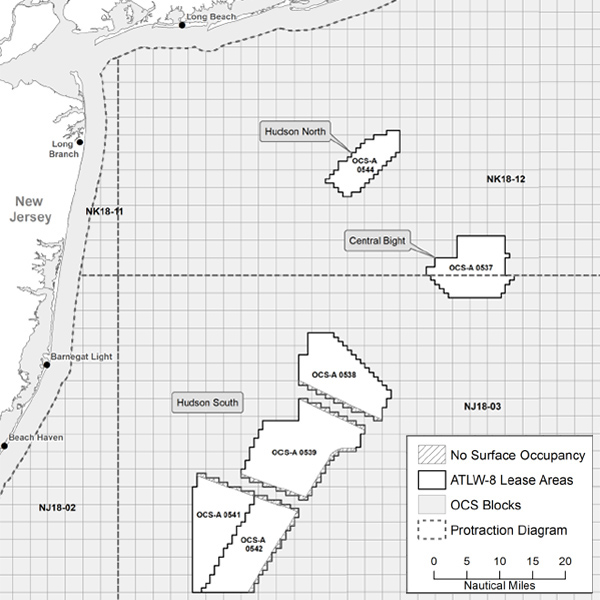
The best opportunities for Rhode Island to reduce state food system emissions will require long-term planning and systemwide change, Diane Lynch, board president at the Rhode Island Food Policy Council (FPC), told state climate officials Wednesday.
“If we are going to achieve our mandated reductions set forth in the [2021] Act on Climate, it’s going to be necessary to engage the land sector and the food system as a whole in achieving these reductions,” Lynch said during a webinar hosted by the Rhode Island Executive Climate Change Coordinating Council (EC4).
Lynch presented recommendations to the EC4 that the FPC believes should be considered in an update to the state’s 2016 Greenhouse Gas Emissions Reduction Plan due in December.
Among the food council’s top priorities is the need for a comprehensive long-term strategy to reduce food waste and organic material in landfills.
Rhode Island already has a variety of independent operations for food waste handling, such as small- and large-scale composting, leftover food gleaning and diversion, and food recycling in schools. Lynch said all those activities need to come together into one knowledge base.
“The value of taking a comprehensive approach to this issue is that it will help policymakers and stakeholders evaluate the wide range of options that are already being deployed to increase food waste diversion and identify where there are regulatory or legislative reforms that are needed and where there are activities that merit state incentives or investment,” she said.
Strategic food waste plan development should be the responsibility of the Department of Environmental Management, which already oversees waste management, according to Lynch. That responsibility, she said, might require working with outside partners or increasing department staff.
The FPC also wants to see the state increase budget allocations for farmland conservation and soil-regenerative agricultural practices.
Rhode Island’s Agricultural Land Preservation Commission has worked for many years to conserve farmland in cooperation with farm owners, with 55 farms currently approved for conservation, according to Lynch. Despite the interest from landowners in the program, she said that this year, the state did not earmark any green bond investment for farmland protection for the first time in many years.
“The message in this year’s budgeting process was clear: The importance of farmland preservation for its climate and other benefits needs to be better understood by our state leadership,” she said.
Without conservation support from the state, Rhode Island is in danger of losing farmland to development. The state lost an estimated 3,600 acres of farmland to urban development or residential land use from 2001 to 2016, Chelsea Gazillo, New England policy manager at American Farmland Trust, said during the webinar. If that trend is not reversed, AFT expects 8,100 acres, or the equivalent of 200 farms, in Rhode Island to transition to urban use between 2016 and 2040.
Support for regenerative agriculture on existing and conserved farmland is equally important in establishing a low-carbon food system for the state, Lynch said. State incentives can help in that effort, but Lynch said another important pathway will be lobbying at the federal level for increased funding for regenerative practices, especially on small farms, in the 2023 Farm Bill.
Regenerative agriculture can “shift us from agriculture being one of the No. 1 emitters of greenhouse gases to perhaps being a very powerful actor in sequestration and carbon storage,” Dawn King, senior lecturer at Brown University, said during the webinar.
The practice of regenerative agriculture is about soil health, King said. It includes maximizing crop diversity, minimizing soil disturbance and maintaining cover crops.
“That healthy soil keeps the microorganisms happy that are storing carbon,” King said.
Additional recommendations from the FPC for building a low-carbon food system in Rhode Island include:
-
-
- adding emissions from the entire state food system to the state’s GHG emissions inventory;
- quantifying the carbon sequestration value of Rhode Island’s agricultural lands;
- measuring the impacts for food imported into the state from outside of New England;
- funding research for improving the environmental sustainability of food production, processing, transportation and distribution activities in the state; and
- developing a standalone climate strategy for nature-based climate solutions that include bay and coastal waters, wetlands, and the natural and working lands in the state.
-


